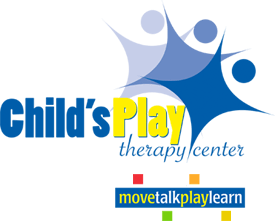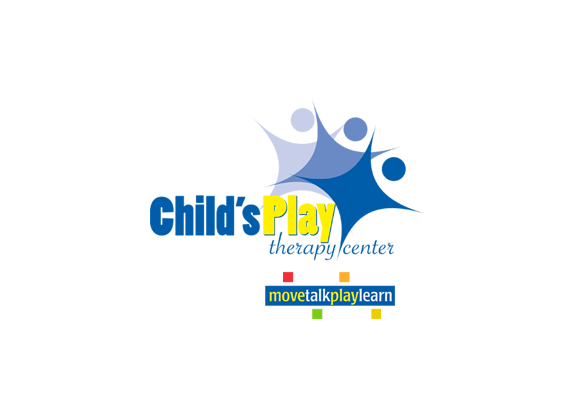Heading back to school is an exciting time! For school-aged children who stutter, it can also be a time of great anxiety. As an SLP who works with children who stutter, I am often asked by parents, “What can my child’s teacher do to help ease my child’s anxiety about stuttering at school?” Teachers play an essential role on the treatment team. They are with your child for a significant amount of time over the course of the school week. Below is a list of tips that can be helpful for teachers to assist students who stutter in the classroom.
- Model good communication: students naturally want to follow the lead of their teachers. This is true for communication as well. Maintain good eye contact with your students when speaking and refrain from finishing their thoughts for them even if you know what they are trying to say. Use a slower, controlled rate of speech when speaking or reading to the class. I refer to this as “Just right speech.” Not too slow or too fast. Do not ask children to “slow down” or to “think about what they are going to say before saying it.” That is easier said than done. Instead, be the model of easier speech.
- Model wait time: take a couple of seconds before you answer a student’s question. Encourage students to do the same for one another. Two seconds may not seem like a lot but it will reduce time pressure which, allows for easier speech.
- Discourage Interruptions: Make taking turns when talking one of your core classroom rules.
- Handle Bullying or Teasing: Be alert to any teasing or bullying that may be targeting a student who stutters. Talk to the student about how it makes them feel. Talk to the class as a whole about “choosing kind” and accepting one another’s differences.
- Make simple classroom accommodations when possible. For example, give the student ample time to practice a presentation. Start with just the teacher and then a friend before moving to in front of the entire class. Give the student a say in the order they want to be called on. Try to call on the student who stutters when they raise their hand. If they raise their hand, they are voluntarily communicating. Successful attempts at communication boost their communicative confidence.
- Offer support: For students who are aware of their stuttering, provide words of support and encouragement and let them know that they can come to you to talk about anything that worries them. Let them know that stuttering is ok and that it is nothing to be ashamed of. Support them in private when you recognize they are having a “hard speaking day.”
- Have the same expectations for a child who stutters as for on who does not. Children who stutter should not be treated differently than one who does not. It is ok to prepare them for tasks that require them to orally communicate. However, allowing children who stutter not to participate in oral tasks encourages avoidance behavior.



